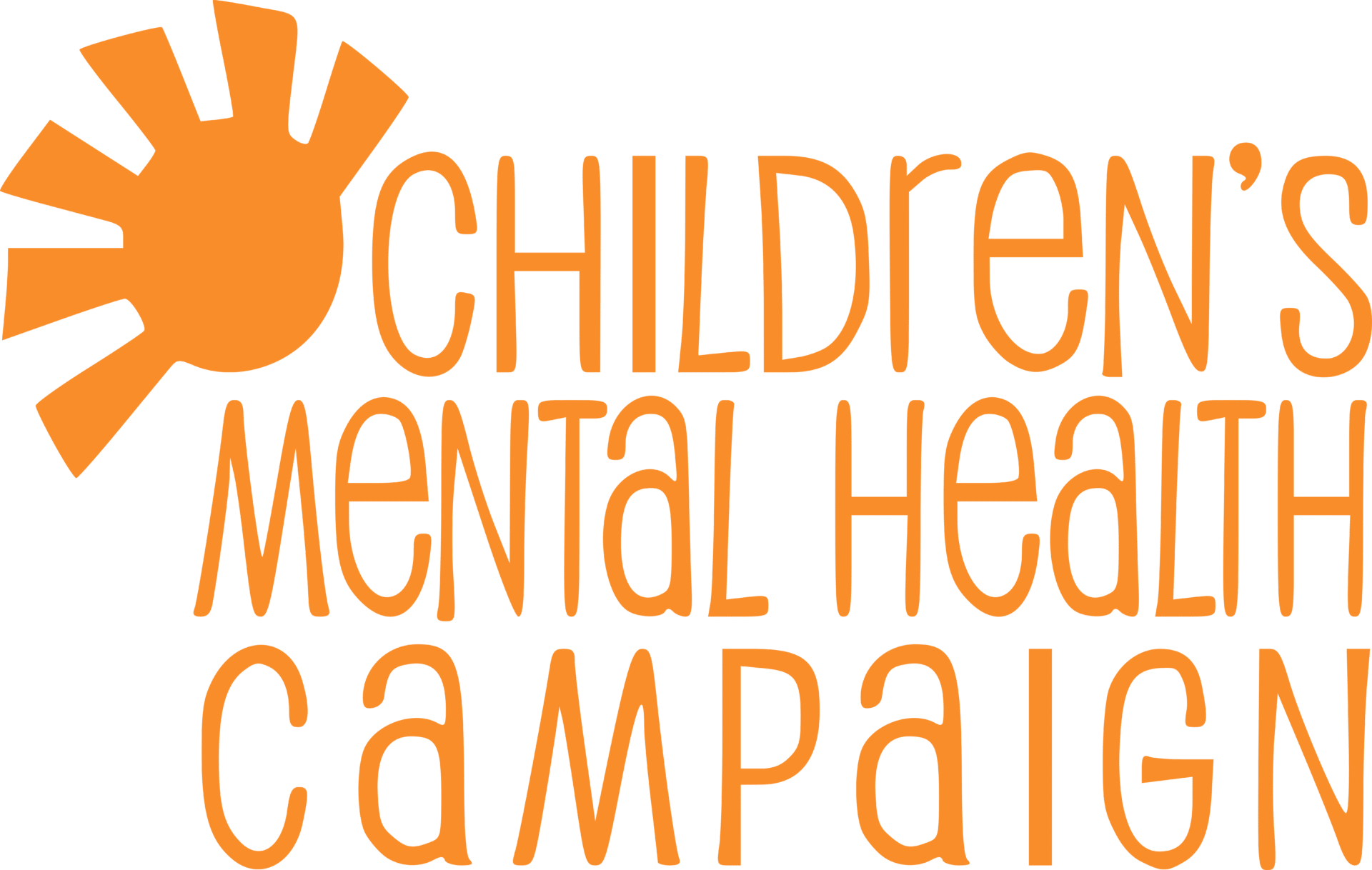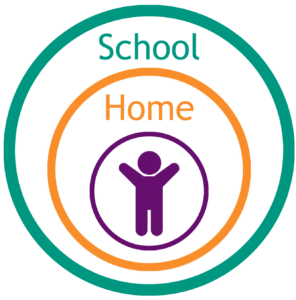Strengthening Behavioral Health Supports in School
Children spend a significant portion of their lives at school and for children with behavioral health needs, schools often serve as a place where these needs are identified and treated. However, issues persist at every level, including:
- Lack of in-school resources to support children and youth in need of behavioral health services
- Inadequate education for students on behavioral health challenges and wellness
- Inconsistent guidance across school districts for supporting students in crisis
As a result children with behavioral health challenges are often left without the proper tools and supports, may be expelled from early education settings, and risk dropping out of school. CMHC promotes strategies to remove barriers that prevent children with behavioral health challenges from having a successful school experience and reaching their full potential. We are driven by our goal to dismantle educational structures that have been rooted in systemic racism and oppression.
Creating Systems for Schools & Districts to Support
Student Wellbeing
Return to School and In-School Support
Nationally, one in ten youth will be impacted by their behavioral health needs enough to require additional supports from schools. Youth are three times more likely to access services if they are provided in school rather than a clinical setting, so it is imperative that schools provide education to all students and provide services to students with behavioral health needs.
- Mandating mental health education be taught as a required subject | An Act relative to mental health education | H.616/S.292. Mental health education increases mental health literacy in youth and is associated with earlier detection of behavioral health challenges and better health outcomes.
- Return to School Bridge Programs: DPH Line Item #4590-0250. The focus of Bridge programs is to ensure that youth who have been out of school for psychiatric or other hospitalizations can successfully transition back to school.
- Screening, Brief Intervention, and Referral to Treatment (SBIRT): DPH Line Item #4590-0250. Promoting SBIRT in schools. SBIRT is a simple, low-cost, evidence-based public health approach to addressing teenage substance use. It’s geared toward adolescents aged 14 to 22 years, is easy to administer, and, most importantly, is effective in identifying youth at risk, and guiding them toward counseling and treatment if a problem exists.
Learn more about our school-based behavioral health project.
Learn more about our work in adolescent substance use prevention.
School-based behavioral health infrastructure
While schools attempt to support the needs of their students during an unprecedented period in history, school districts must provide guidance and assistance to ensure schools can succeed.
- Creating a Behavioral Health Advisory Council & TA Center | An Act to create a thriving public health response for adolescents | H.2084. Through the creation of a Behavioral Health Advisory Council and a statewide, regionalized Technical Assistance Center, schools will have access to consultation, coaching, and training to implement behavioral health systems.
- Funding for School-based behavioral health Technical Assistance Centers | DMH Line item #5042-5000.
- Creation of behavioral health crisis plans | An Act to create a thriving public health response for adolescents | H.2084. Schools are required to create and maintain emergency plans for students in physical crisis situations as well as for dangerous school situations. These do not include plans for students in behavioral health crisis, often resulting in schools calling the police. Legislation will mandate the creation of behavioral health crisis plans in schools to provide behavioral health crisis support to children in acute crisis and limit police involvement.
Prohibiting or limiting suspension & expulsion of young children from early education programs.
Rates of suspension and expulsion among preschoolers in the Commonwealth remain unacceptably high. Nationally, the rate of expulsion of preschoolers is 3x higher than the rate of expulsion in grades K-12 and Black children are 2.2 times more likely to be suspended or expelled than other children. We have filed legislation that addresses these disparities and creates consistent protocols for supporting students with behavioral health needs.
- Establishing protocols for limiting suspension & expulsion of preschoolers | An Act to create a thriving public health response for adolescents | H.2084
- Supporting the healthy development of preschoolers | An Act to support healthy development among preschoolers | H.544 / S.316
Learn more about our work in Infant and Early Childhood Mental Health (IECMH).

